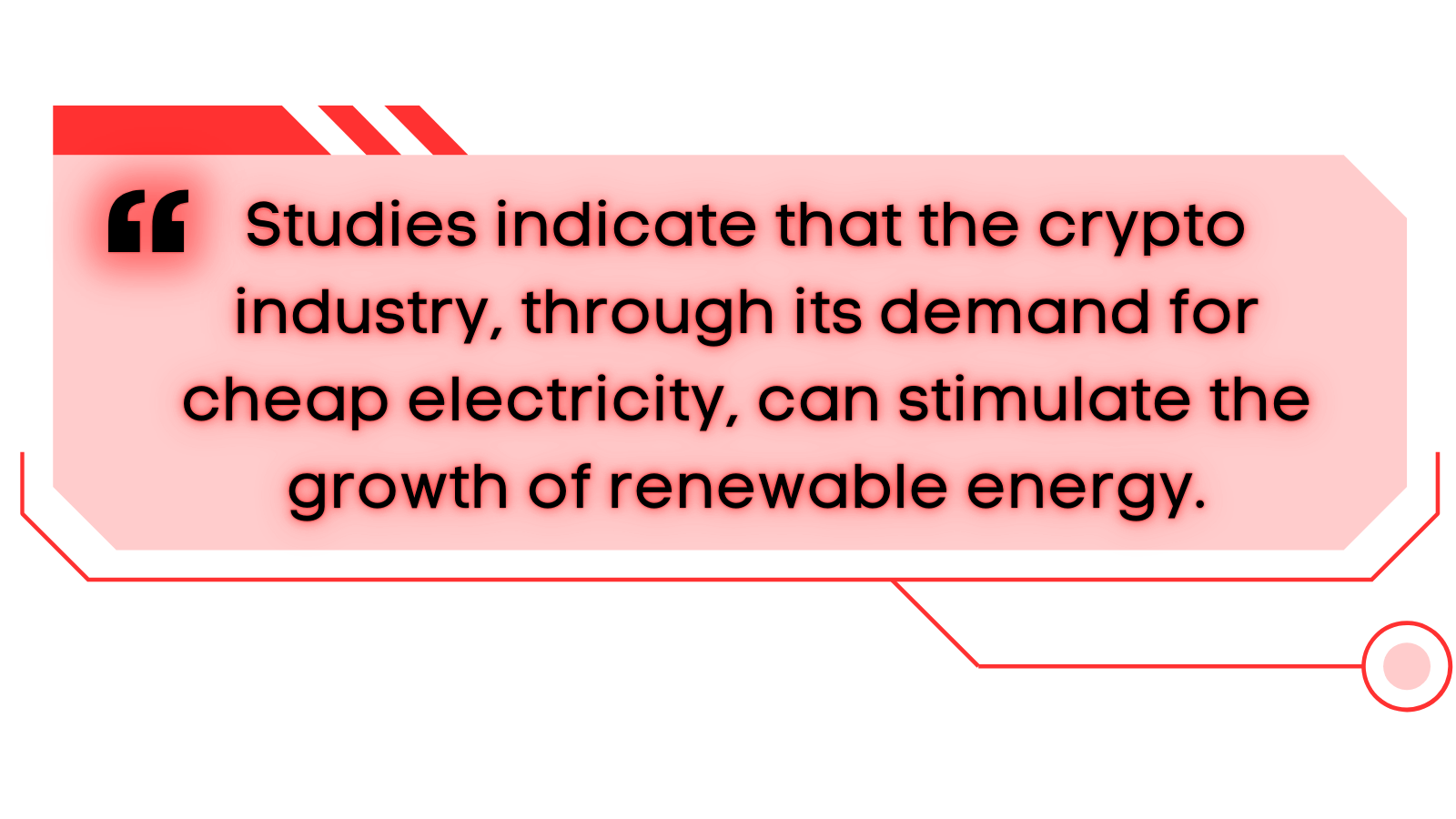
TL;DR: Dropbox’s decision to end its unlimited storage feature is a wake-up call about the complexities of offering “unlimited” digital services in a finite world. While crypto miners and storage resellers played a role in this change, the issue is multi-faceted and has wider implications for the tech industry. The situation prompts us to rethink what “unlimited” really means and challenges both traditional and emerging industries to adapt for more sustainable and responsible use of digital resources.
In a world of ever-expanding digital possibilities, one term has consistently captured our collective imagination: “unlimited.” However, even the infinite realm of the digital world has its limitations, as recently exemplified by Dropbox’s decision to end its unlimited storage feature. The case of Dropbox is emblematic of the challenges companies face when offering boundless services in an environment susceptible to misuse, as well as a sobering lesson for industries across the digital landscape.
Dropbox vs. Chia: The Storage Conundrum
One of the major culprits behind Dropbox’s policy change is Chia, a cryptocurrency that employs a unique “proof of space and time” mechanism. Unlike the energy-consuming “proof of work” and “proof of stake” models, Chia lets users mine by dedicating plots of storage space. Dropbox contends that Chia miners have been exploiting the unlimited storage feature, creating an unsustainable model that forced the switch to a 15TB metered system spread among three licenses.
Beyond Crypto: The Multifaceted Abuse
While it’s tempting to lay the blame entirely on crypto miners, the abuse of unlimited storage presents a more complex picture. Users have been pooling together vast amounts of storage for non-corporate purposes and even reselling it. According to Dropbox, such activities consumed “thousands of times more storage than genuine business customers,” prompting a much-needed reassessment of what “unlimited” should mean.
The Domino Effect Across Tech
Dropbox is not an isolated case. Google, too, has redefined its unlimited storage policy for its Workspace, opting for a pooled model. The ripple effects are inevitable and will influence how unlimited services are designed and promoted in the tech industry.
User Impact: A Shift in Paradigms
For existing users storing less than 35TB, Dropbox has allowed a five-year grace period to maintain their storage capacities. New users, however, will start with the new 15TB limit. The change underscores the need to reconsider what “unlimited” means in an era marked by both human ingenuity and exploitation.
Rethinking ‘Unlimited’ in a Finite Digital Ecosystem
The Dropbox policy shift throws the very concept of “unlimited” into question. Can unlimited services coexist with responsible consumption, or is the tragedy of the digital commons an inevitable reality? Dropbox’s shift to a metered model offers a pragmatic solution that avoids the complications of policing user behavior.

Mining: A Scapegoat or an Opportunity for Growth?
It’s easy to criticize crypto mining as a resource hog, but the narrative is more nuanced. Studies indicate that the crypto industry, through its demand for cheap electricity, can stimulate the growth of renewable energy. Chia’s less energy-intensive model also points toward a more sustainable future. Instead of decrying the limitations, there might be mutual benefits if both the crypto and storage industries collaborate to foster sustainable practices.
Adaptability as the Path Forward
The changes in storage policies signify the need for flexibility and adaptation. Both tech giants like Dropbox and the burgeoning crypto industry must align their operations with evolving norms and demands. This alignment could transform the sector from an environmental liability into an unexpected solution for sustainable energy use.
A Future Defined by Human Potential, Not Artificial Limits
As industries grapple with the implications of “unlimited,” the key takeaway is the power of adaptability. The blend of crypto and storage technologies encapsulates the human drive to innovate. But for innovation to reach its full potential, we must foster environments that celebrate, rather than stifle, the human capacity for ingenuity and growth.
Final Thoughts
The Dropbox example serves as a crucible for larger debates about limitations in a world enamored with the idea of boundlessness. It challenges us to reimagine ‘unlimited’ in a manner that is not just expansive, but also responsible and sustainable. As we move forward, the challenge is clear: can we build a digital world that balances the limitless possibilities of human innovation with the harsh realities of finite resources? Only time, and our collective will to adapt, will tell.
Thank you for reading “The Tragedy of the Digital Commons: Rethinking ‘Unlimited’ in the Age of Dropbox and Crypto“.
- Subscribe to our newsletter: ConsensusProtocol.org
- Follow us on Twitter: @ConsensusPro
Sources:




